
Whether you’ve lived in Boise all your life or just moved to town two weeks ago, there are simply some words in Boise that are hard to pronounce (try reading “Resseguie” aloud for the first time off of a street sign).
When you can talk with confidence like a local, you feel like you belong. So we’ve compiled a list of the most frequently mispronounced local words, how to pronounce them correctly, and where they came from.
Boise – pronounced "BOY-see"
While our capital city takes its name from the French word “les bois” meaning “the woods,” the way locals pronounce it is decidedly not French.
Les Bois – pronounced "Lay-bwa"
You’ll find many entities that carry the “Les Bois” name in Boise, including a junior high. As noted, this is the French word – correct pronunciation and all – that named our town.
Basque – pronounced "Bask"
Basques call the northern part of Spain – unofficially known as the Basque Country – their homeland, but many Basques call Boise home. In fact, we’ve got the largest concentration of Basque residents outside of the Basque country and we’re quite proud of it.
Gernika – pronounced "Ger-NEE-ka"
Bar Gernika is named after the city in the Basque Country (fun fact: they have a Bar Boise). It’s a cozy, rustic pub in the Basque block best known for its croquettes, lamb stew, and other delicious traditional Basque pub foods. Their beer and cider menu contain samples from the Old Country, too.
Cassia – pronounced "CASH-uh"
Cassia is a southern Idaho county and a quaint, tree-lined street that can be found just south of the Boise Depot. There are a few theories about the origins of this word – it was either named after Cassia Creek, which some locals say was named after the cassia plant. Or it was named after the French slang word “cajeaur,” meaning “raft,” or after a Mormon soldier who emigrated to the area.
Chinden – pronounced "Chin-din"
A combination of the words “Chinese” and “garden,” Garden City’s Chinden Boulevard was named after the stunning gardens that Chinese immigrants once planted here.
Kootenai – pronounced "KOO-tun-ee"
This historic street up on the Bench filled with beautiful storybook homes and the Idaho county were both named after the Kootenai tribe, which is native to the northern Idaho area.
Kuna – pronounced "KYOO-nuh"
This bedroom community, once a railroad pitstop, is located about 20 minutes southwest of Boise. The word comes from the Shoshone tribe and either means “end of the trail” or describes a green leaf, suitable for smoking, depending on who you ask.
Latah – pronounced "LAY-taw"
This well-known Boise street is named after an Idaho county that takes its name from a Nez Perce word meaning "the place of pine trees and pestle."
Nez Perce – pronounced "Nezz PURSE"
This Depot Bench street is named after a native tribe that once counted Idaho as among its territory, and still holds a reservation in northern Idaho’s Nez Perce County. Self-identified as the Nimi’ipuu people, the tribe was called “nez percé” by French trappers who misidentified other native people, ones with nose piercings, as being part of the Nimi’ipuu.
Lemhi – pronounced "Lem-high"
Another Boise Bench street and central Idaho county. This one was named after the county’s original Fort Lemhi, which in turn derived its name from King Lemhi in the book of Mormon.
Manitou – pronounced "Man-i-too"
The south Boise street and local park are both pronounced the same. Among the Native American Algonquians, “manitou” represents both good and evil spirits. To the french fur trappers that first explored the area, “manitou” became the word to describe a Native American chief.
Owyhee – pronounced "Oh-WHY-hee"
Idaho’s southwest Owyhee county and the Boise Bench street were both named after the Owyhee mountain range, which you can see to the southwest of the Treasure Valley. Interestingly, the mountain range was named in honor of three Hawaiian trappers who disappeared while exploring the area.
Payette – pronounced "Pay-yet"
From the town to the county to the river and national forest, all bear the name of Francois Payette, a Montreal native whose hunt for fur brought him to the area.
Phillippi – pronounced "Phil-ih-pe"
This Boise Bench street was named after Wesley M. Phillippi, an active community man and dairyman who lived on the street now renamed after him (back in his day, it was Vine Street).
Resseguie – pronounced "Rez-uh-gu"
One of the hardest to pronounce streets in the North End, Resseguie was named after a Salt Lake City couple, Charles and E.H. Resseguie. The couple owned the land and platted the area for homes in 1890. These original homesites were then sold by future Boise mayor Walter Pierce. As a fun game, take a walk several blocks down “Resseguie” and see how many different ways the street signs are spelled (you can do this for “O’Farrell” Street, too).
Shoshone – pronounced "Show-SHOWN"
Although the Idaho county, and subsequently the Boise park and street, were named after the Shoshone-Bannock tribe native to the area, locals don’t pronounce it the same. The tribe is pronounced “show-show-nee” whereas to say the places you drop the “ee” on the end.
Ustick – pronounced "You-stick"
This main thoroughfare in West Boise runs all the way to Caldwell. The street was named after the small town of Ustick that used to be located along the road, right between Cloverdale and 5 Mile. The town itself was named after a German immigrant, Dr. Harlan P. Ustick.

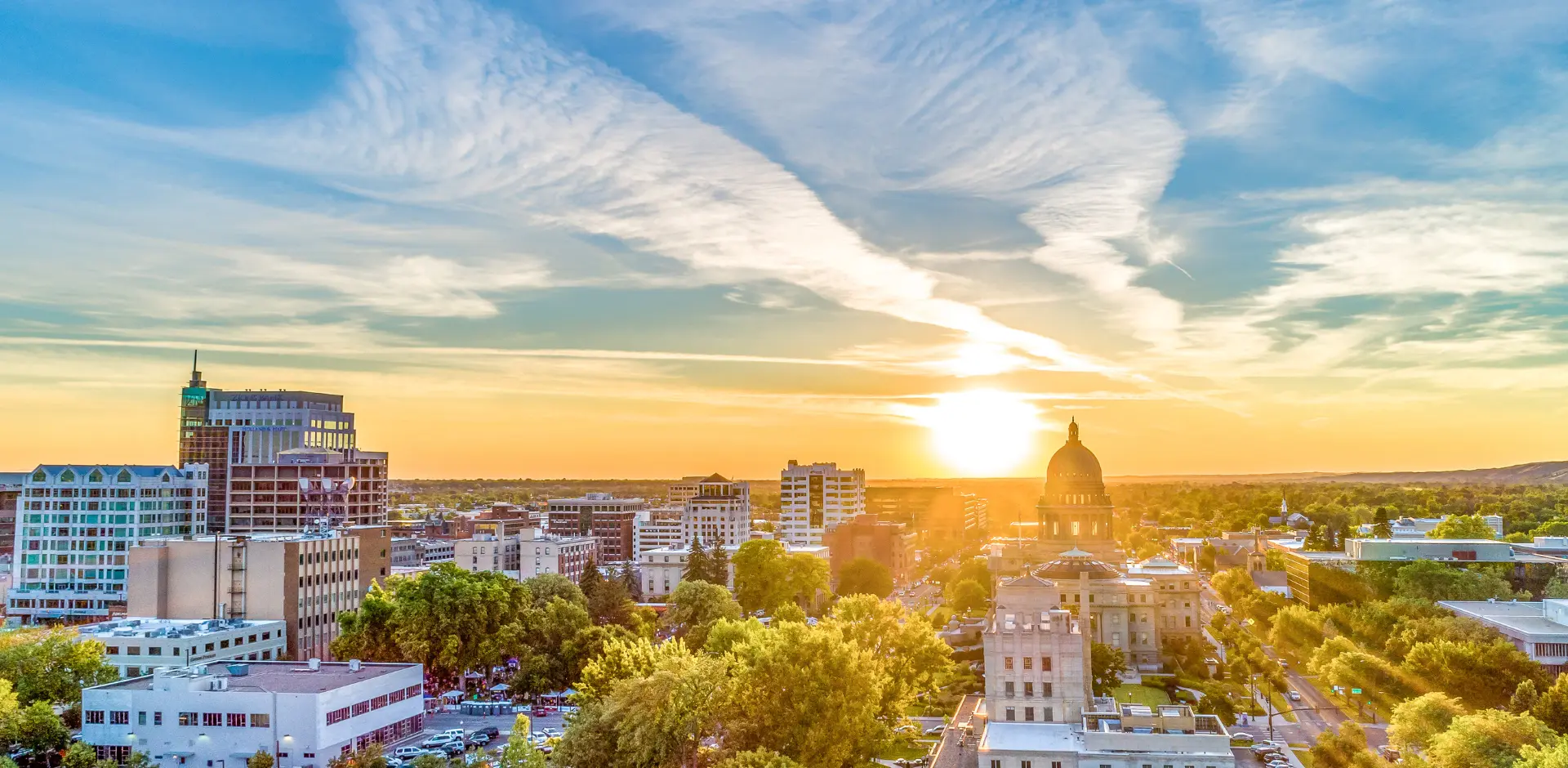
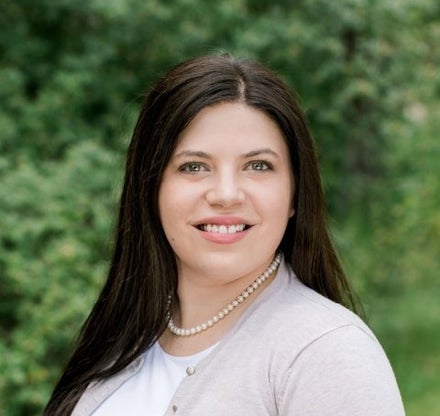
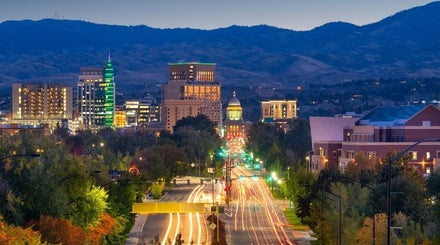
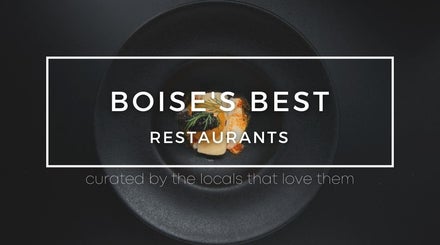
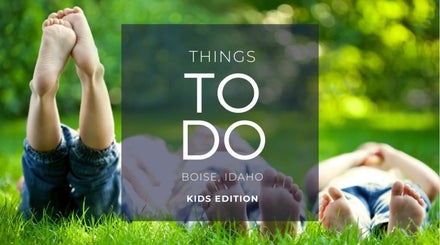
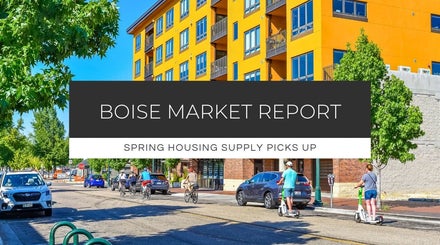
Leave A Comment